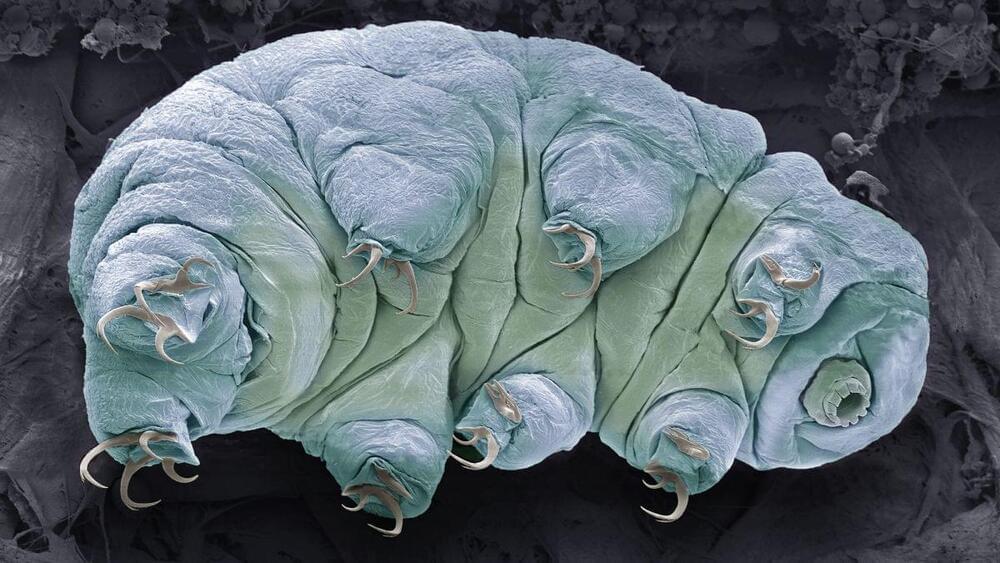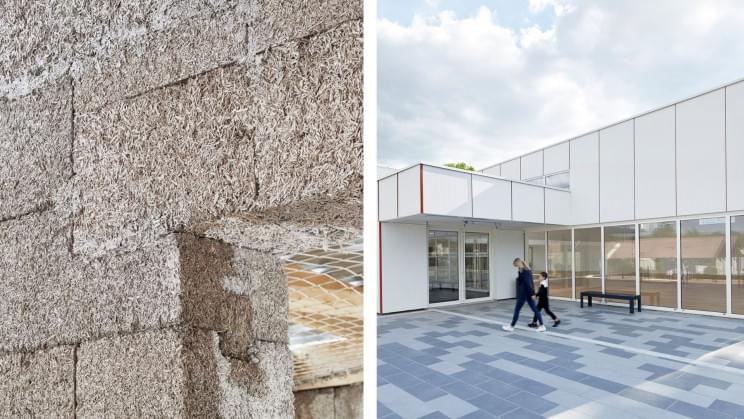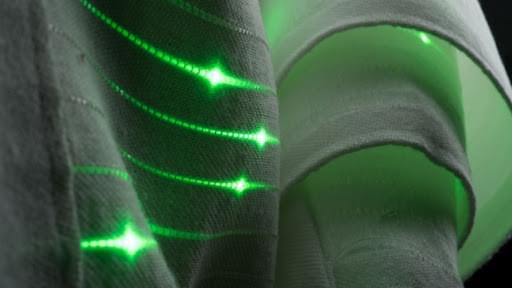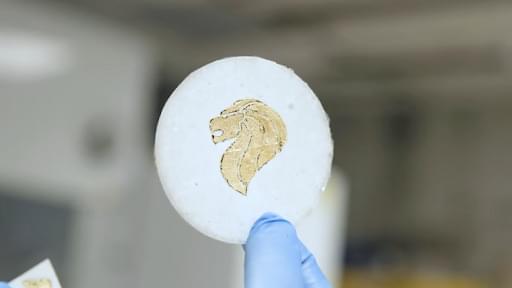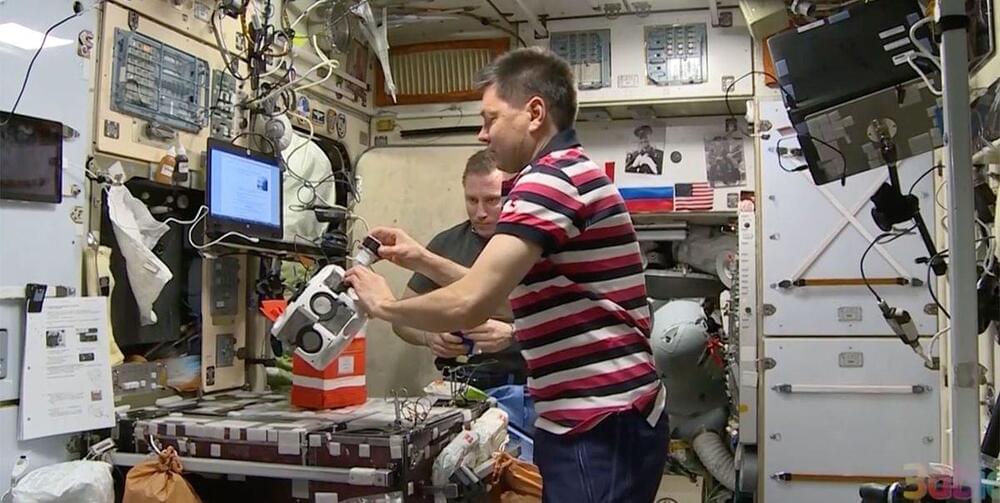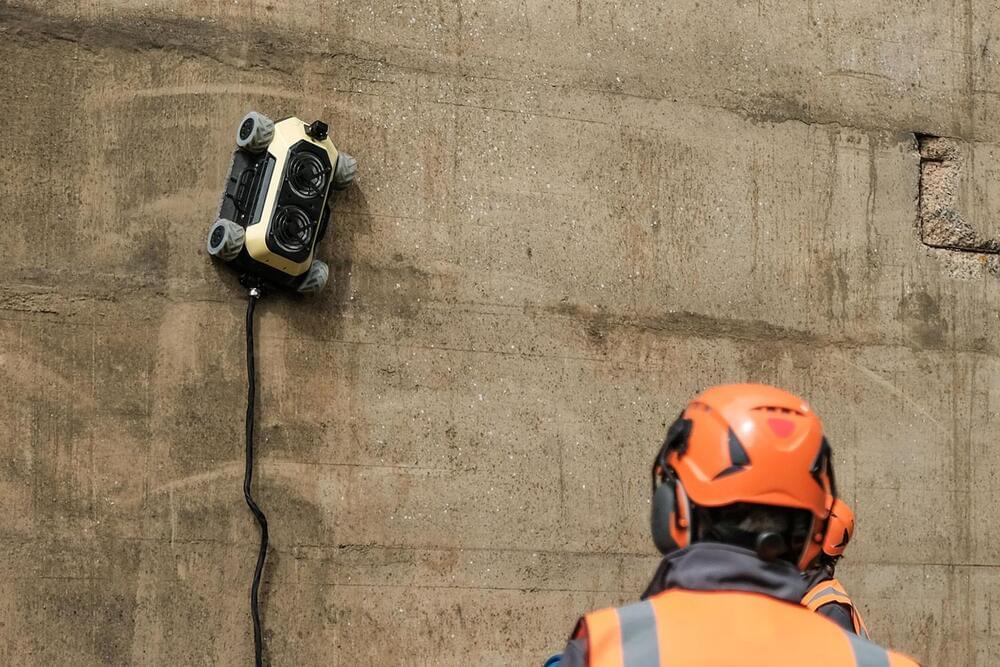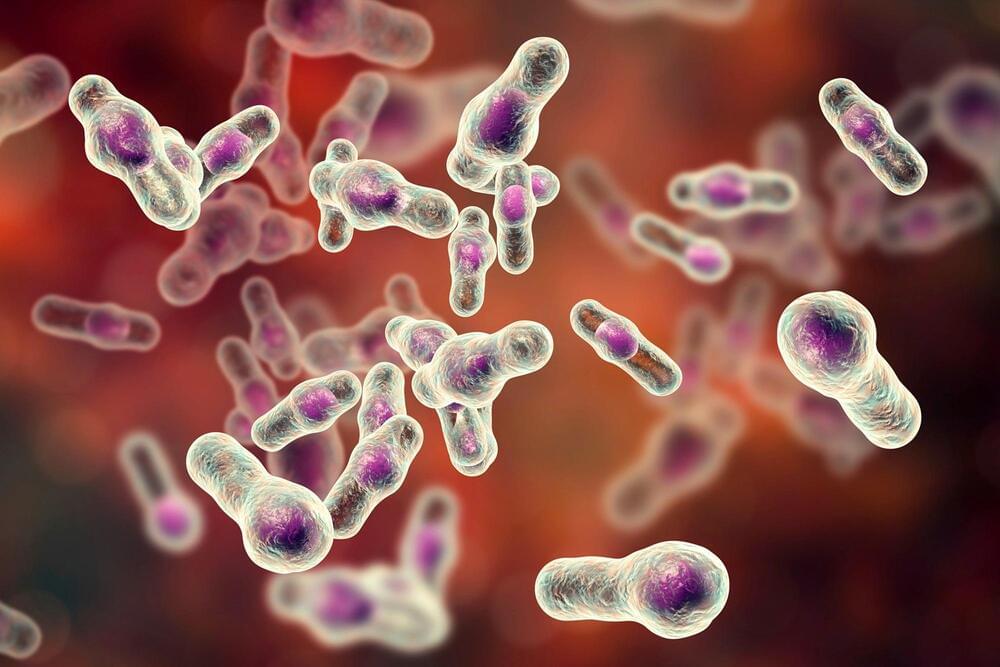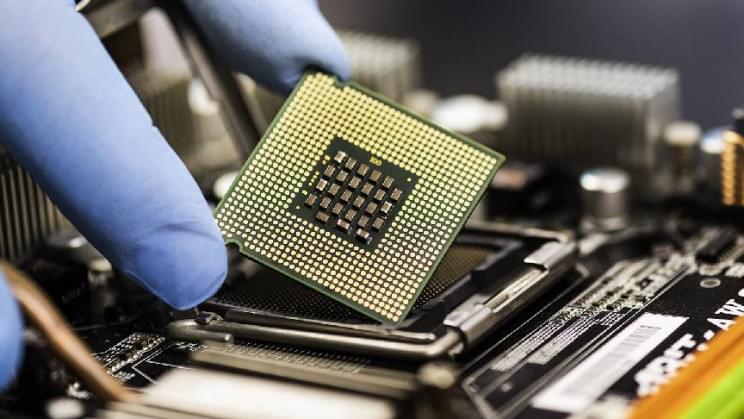Dec 20, 2021
Frozen tardigrade becomes first ‘quantum entangled’ animal in history, researchers claim
Posted by Quinn Sena in categories: materials, quantum physics
Some experts are skeptical that the frozen moss piglet really entered a quantum state.
A new pre-print study claims to have quantum entangled a tardigrade with two superconductor qubits, though experts are skeptical.
